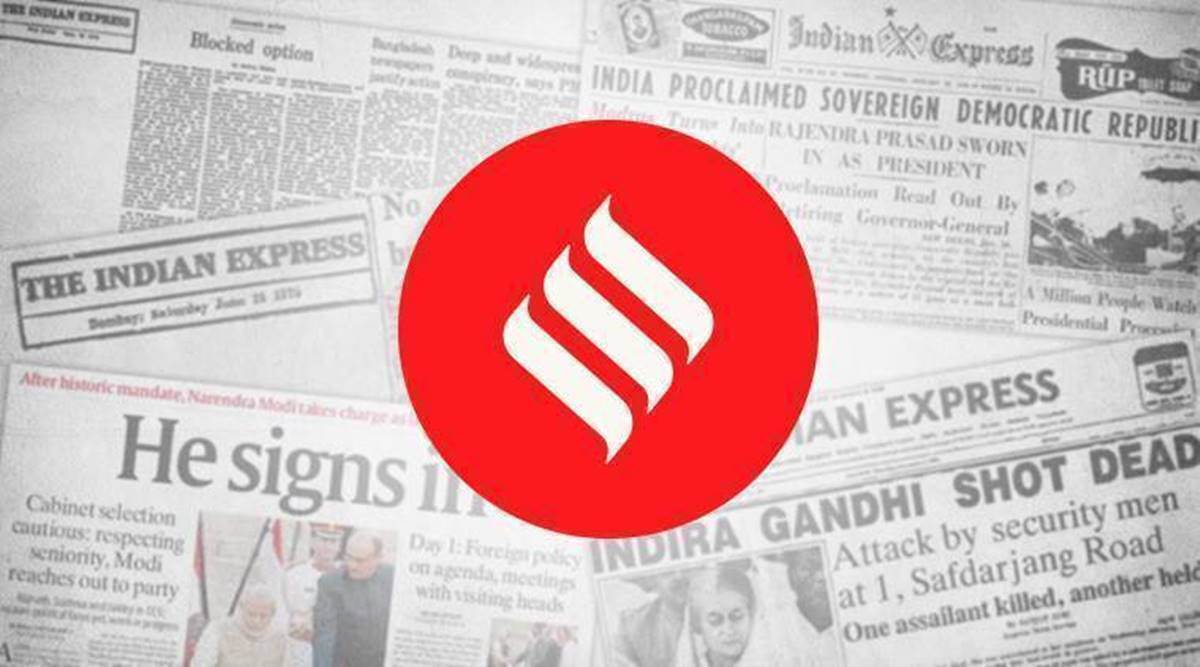 In July, Karnataka’s minister for animal husbandry and fisheries, Prabhu Chavan, reportedly talked of studying UP’s Prevention of Cow Slaughter Act.
In July, Karnataka’s minister for animal husbandry and fisheries, Prabhu Chavan, reportedly talked of studying UP’s Prevention of Cow Slaughter Act.On Wednesday, Karnataka’s BJP government resurrected a cattle protection bill that had been passed by the state assembly 10 years ago but could not enter the statute book because the governor refused assent. The contentious piece of legislation has got a new lease of life with the state’s Vidhan Sabha passing it without a debate — the Opposition Congress and Janata Dal (S) members walked out, saying that the Speaker did not give them adequate time to air their views. If Governor Vajubhai Vala approves it, the Karnataka Prevention of Slaughter and Preservation of Cattle Bill 2020 could create problems for the state’s farmers, much like what’s being experienced by their counterparts in other states — especially Uttar Pradesh — which have similarly stringent laws. Like in these states, in Karnataka the critical relationship between the farmer and the butcher is threatened — the proposed law stipulates a prison term of three to five years and fines ranging from Rs 50,000 to Rs 5 lakh for purchasing or disposing of cattle for slaughter and gives the police sweeping powers to search premises and vehicles.
In July, Karnataka’s minister for animal husbandry and fisheries, Prabhu Chavan, reportedly talked of studying UP’s Prevention of Cow Slaughter Act. The law dates back to 1955, but Chavan would have done well to have taken stock of the situation since 2017 when, by all accounts, the Act began to be implemented with great strictness by the Yogi Adityanath government in UP, which banned the state’s cattle slaughterhouses. Of salience would have been the Allahabad High Court’s observation on October 26 this year: “The Act is being used against innocent persons… In rural areas, cattle owners, who are unable to feed their livestock, abandon them. They cannot be transported outside the state for fear of locals and police. There are no pastures now. Thus, these animals wander here and there destroying crops. Earlier, farmers were afraid of the neelgai… now they have to save their crops from stray cows”.
A cow lives for about 15 years. But the animal becomes virtually uneconomical for the farmer after eight years when its milk output falls. Such animals — as well as male cattle not required for draught and breeding purposes — would earlier be destined for a local livestock market, and from there to a slaughterhouse. But with several states trying to outdo each other in cow protection in the past five years, the link between farms and slaughterhouses has been ruptured. The Karnataka bill is of a piece with laws that have made cattle traders insecure and emboldened vigilantes. The Karnataka governor must refuse assent to the proposed law.